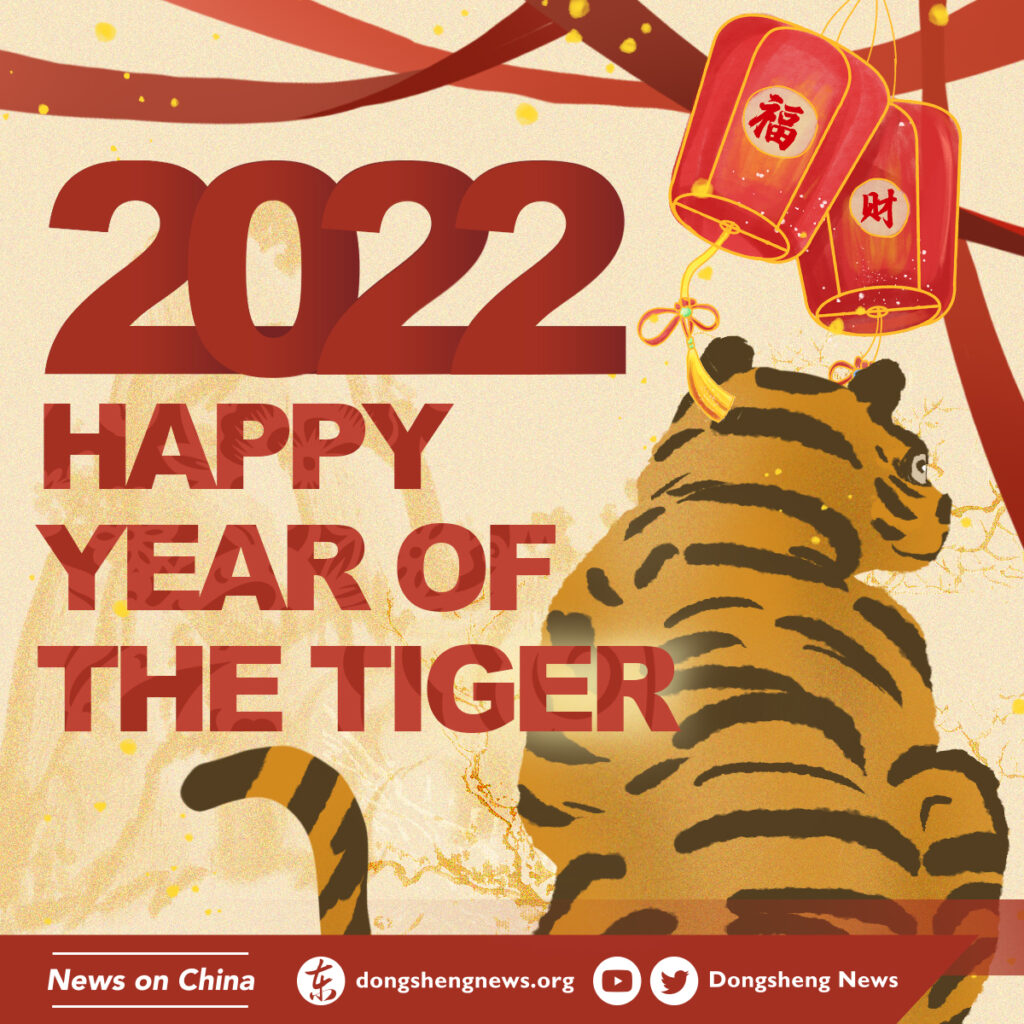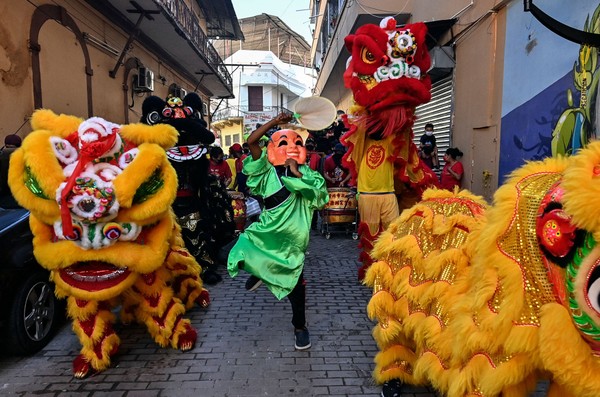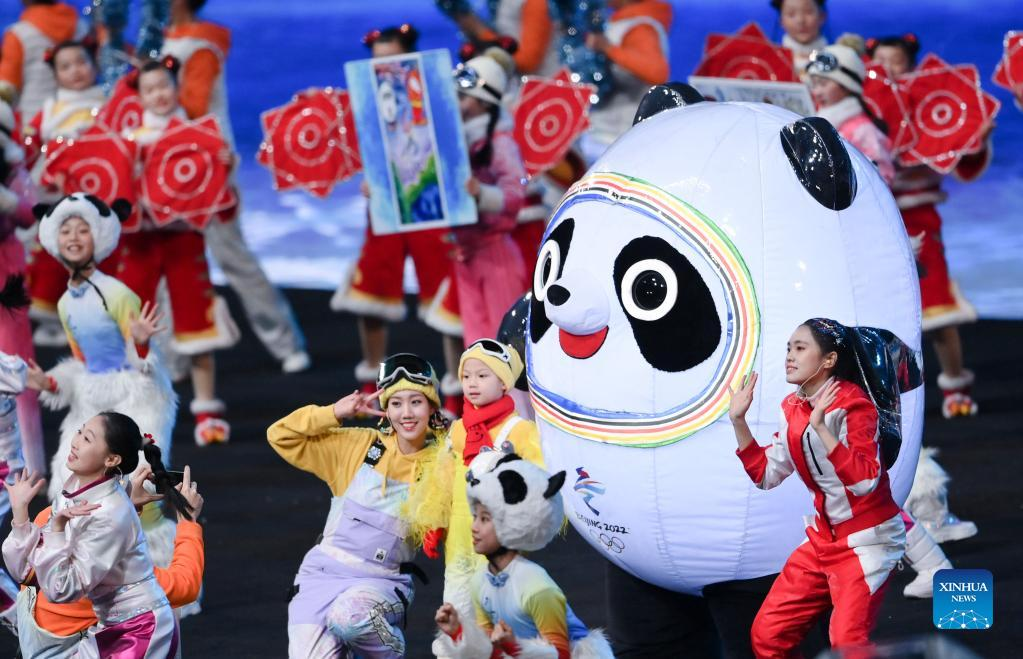

Dear reader,
As we usher in the Year of the Tiger, here’s a look into what the animal symbolizes in Chinese culture and history, dating back to military uses in 8th century BCE to Mao Zedong use of the “Paper Tiger” to describe the threat of US nuclear armament. Despite scaled back festivities due to the pandemic, millions of people around the world celebrated the lunar new year through feasts, festivals, fireworks, and more. Read more about the origins, legends, and traditions of the most important holiday of the Chinese people.

Lunar New Year celebration in Panama City, 1 February 2022 [Luis Costa / AFP / Getty]
As the 2022 Winter Olympics kicks off in Beijing, the Chinese capital becomes the first city in history to host both Summer Games (2008) and Winter Games, while East Asia holds its third Olympics in a row (PyeongChang, South Korea, 2018 and Tokyo, Japan, 2020), which is unprecedented.
For months, the US has been leading a “diplomatic boycott” of the games for alleged “genocide” of the Uyghur in Xinjiang, an unfounded accusation that is categorically rejected by the Chinese government. With the exception of the UK, Canada, Australia, India (and six other countries), few others have joined the boycott.
While the world closely watches the outcome of the competitions and Beijing works to prevent Covid-19 outbreaks, Presidents Xi Jinping and Vladimir Putin will meet in-person with an important announcement expected to be made.

Olympic Winter Games opening ceremony rehearsal, Beijing, 4 February 2022 [Xinhua/Xue Yuge]
Read more about these topics and more in next week’s News on China. In the meantime, we wish you luck, health, and happiness in the Year of the Tiger!
虎年大吉, 幸福安康 (hǔ nián dàjí, xìngfú ānkāng)!
—Dongsheng editorial collective
Subscribe to News on China. The digest is published every Saturday in English, Spanish, Portuguese, and French.
Follow our social media channels:
- Twitter: @DongshengNews (English), @DongshengNewsES (Spanish), @DongshengNewsBR (Portuguese)
- Telegram: News on China, Noticias de China, Notícias da China
- Instagram: @DongshengNews
- YouTube: Dongsheng News





